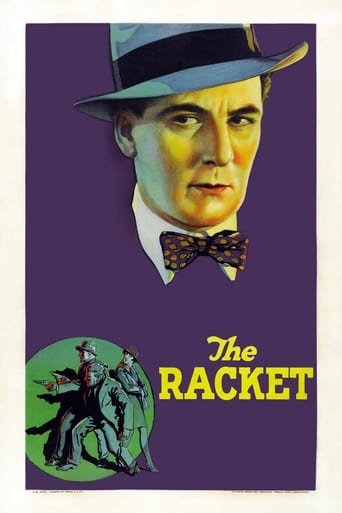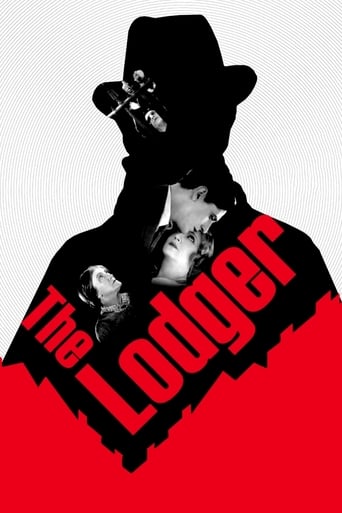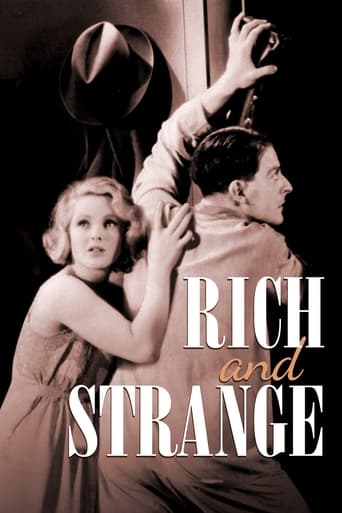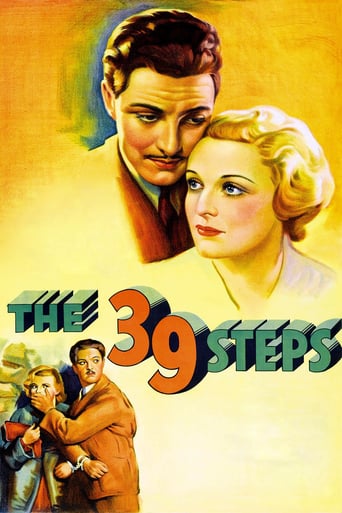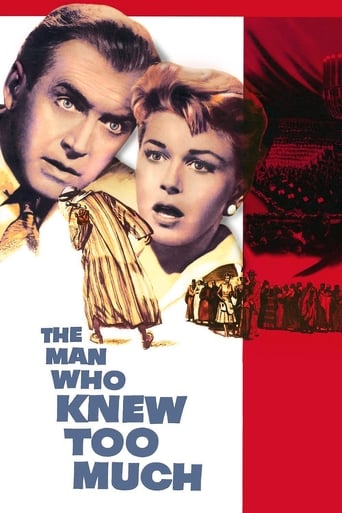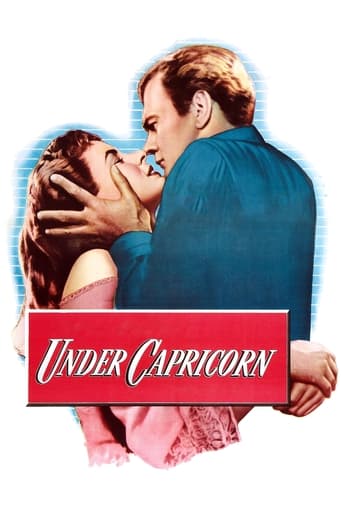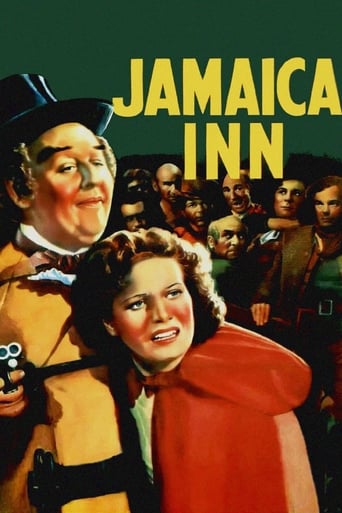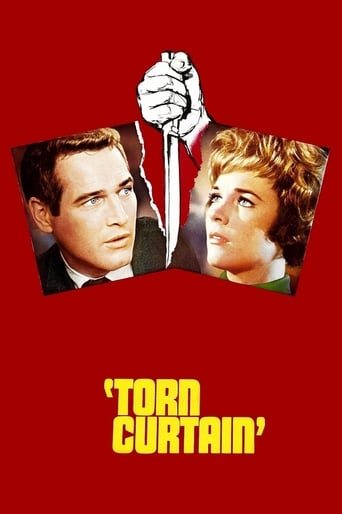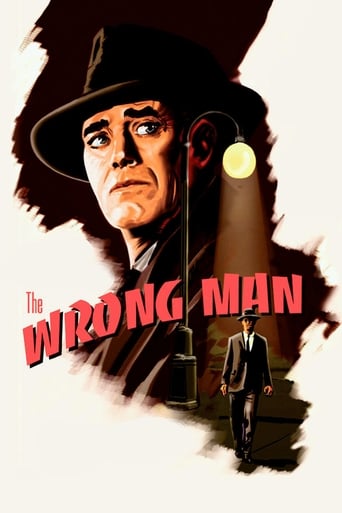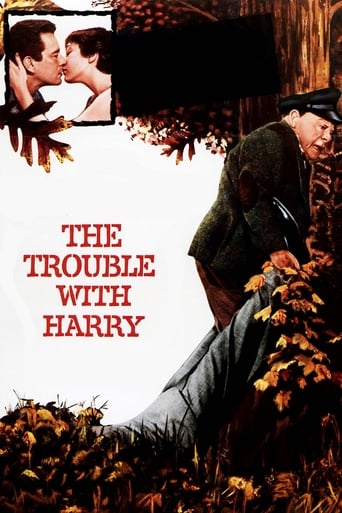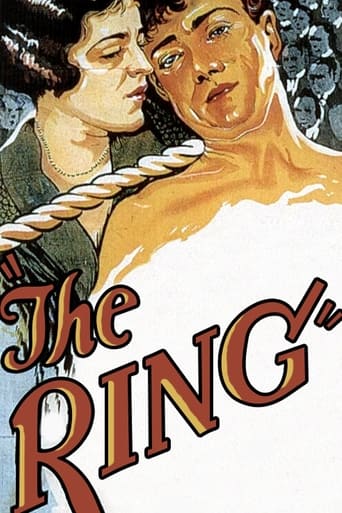


The Ring
Both Jack Sander and Bob Corby are boxers in love with Mabel. Jack and Mabel wed, but their marriage is flat. The young wife looks to Bob for comfort.
-
- Cast:
- Carl Brisson , Lillian Hall-Davis , Ian Hunter , Forrester Harvey , Gordon Harker , Clare Greet , Tom Helmore


Similar titles
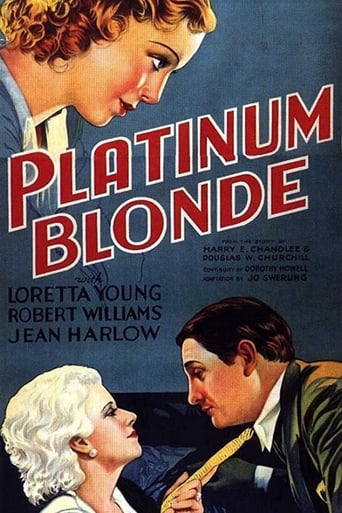
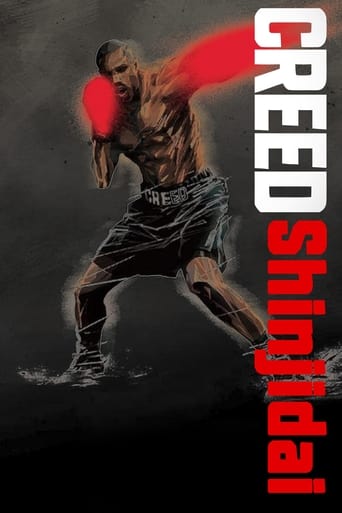
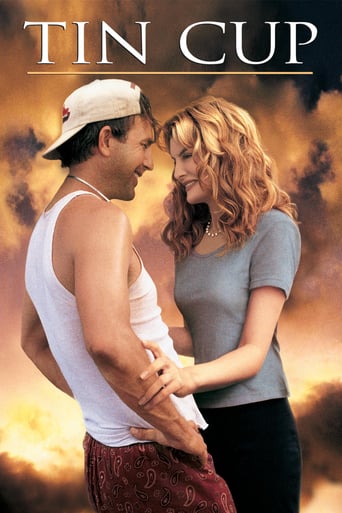
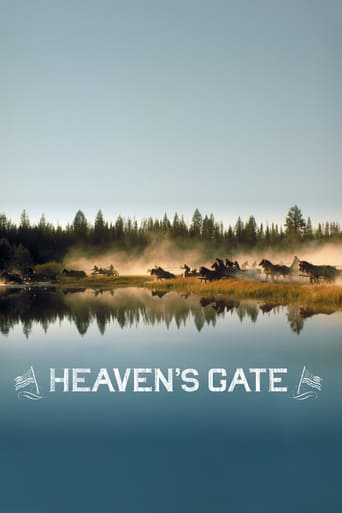
Reviews
Am i the only one who thinks........Average?
The film makes a home in your brain and the only cure is to see it again.
This is a coming of age storyline that you've seen in one form or another for decades. It takes a truly unique voice to make yet another one worth watching.
Like the great film, it's made with a great deal of visible affection both in front of and behind the camera.
Hitchcock always does good direction and adds nice touches that enhance the enjoyment of the film, but this story, written by Hitch himself, is hard to swallow. Jack and Mabel are engaged to be married. Jack boxes at a sideshow. Boxing champ Bob and his manager come along and decide Jack is good enough to be employed as Bob's sparring partner - and fight some minor fights. While Jack and the manager work out the details, Bob is off with Mabel kissing her. He also gives her a bracelet that she treasures. Sure, Jack and Mabel do get married, but while Jack's working his way up in the boxing ring, Mabel is out partying with Bob. She doesn't hide much from Jack either - her arm around Bob at a party, playing piano while staring at a photo of Bob (and Jack is looking over her shoulder and she knows it!), even going over to Bob and talking at length to him after a sparring session, not to her husband. Sure Jack is jealous, but he does nothing except look angry. Supposedly he'll get his "revenge" in the ring one day when he's won enough matches and worked his way up to a match with the champ. In the meantime, Mabel continues going out with Bob. What can Jack be thinking? It all comes to a head one evening after Jack has finally won the match that will qualify him to fight the champ. Mabel comes home late after partying with Bob (Jack sees her from an upstairs window get out of a car, then go back to it leaning in the window and obviously kissing someone goodnight.) In the heat of the fight, Mabel picks up the photo of Bob that Jack threw on the floor, runs from Jack to the bedroom and locks the door. Jack goes to "the club" (there's always a "club" in the films) where he confronts Bob, slugs him and says Bob can get his revenge in the ring if he wants to. When Jack goes home, Mabel has left him with a note saying she's going to people who treat her properly. What does that mean - that she's going to Bob? You would think Jack would write her off at this point and never have anything to do with her. But wait. The night of the big match comes up. We see Mabel go into Bob's dressing room. Hitchcock wisely does not let us know what is said, but from the looks she's giving, she's still "mooning" over Bob. Here's where it gets very cliché and hokey. Jack is losing the fight - literally knocked out until saved by the bell. At his worst, Mabel goes to the barely conscious Jack in his corner between rounds and tells him she's in his corner, she's with him. I'll bet you can't guess what happens next? Yep, he gets up and wins the fight. What a surprise! And further still, the two of them are reunited. Jack, you're an idiot! Oh, and we are to suppose that because Mabel takes off the bracelet after Jack wins the fight and drops it on the floor that, symbolically, it's now over with Bob? Sorry, but it's hard to believe any man could be the willing cuckold Jack is in this movie. Rather than cheering for Jack and wanting to see them get back together, you spend your time wanting to knock some sense into Jack and tell him to go find someone else who he can trust when his back is turned!
. . . or jewelry designed to resemble the slithering reptiles, such as the near-fatal bracelet worn by Lilian Hall Davis as "Mabel" in this steamy love triangle Silent Pic. I've watched THE RING twice, and Mabel seemed more sinister the second time around. No one wants to believe that a blonde can be born bad; it's much easier to just echo Adam's mate, Eve, and blame it on the snake. THE RING's boxing hero protagonist, Jack, is faced at every turn by the epitome of Evil, pugilist Bob, Mabel's seducer. From the moment Bob insinuates the snake bracelet onto her wrist, viewers have the feeling that this story will not have a happy ending. THE RING represents director Alfred Hitchcock at his best, before he got all Fancy Schmancy with red filters on a later version of a Femme Fatale, MARNIE. Lil Mainwaring, who played Sean Connery's would-be lover in that film, says that Hitchcock literally fingered her face to achieve the exact expression he wanted her to have when she looked out the window of her "adopted" mansion at Sean and Marnie (Tippi Hedren). Hitchcock, who started in the film business writing title cards, always wanted to manipulate his actresses to the maximum extent possible, and it was a big help to reduce Ms. Davis' utterances as "Mabel" here to title cards, rather than having to deal with her vocal inflections, had this film been a "talkie."
I really wanted to like this one, even watching it twice in the past week, thinking that it might grow on me (as Hitchcock's Number Seventeen has done, slightly) but it just doesn't do anything for me. Apparently, it didn't do much for the audiences in 1927 either, because from what I've been able to find out about it, despite being popular with critics, it sank at the box office. Hitchcock not only directed but also wrote this boring melodrama, a combination of two of my least favourite genres: boxing, and romance. The world of boxing provides the backdrop for this formulaic triangle between two competitors and the girl who loves them both: but which man does she really want to marry? The title is good, with several layered meanings in relation to the story. The fact that the film used few title cards was unique, letting visuals tell the story by themselves. There are a lot of clever visuals by Hitchcock: as we look up through the water of a pond at the two lovers; placing the ring on her finger at the marriage ceremony, only to have the bracelet slip down to her wrist, reminding her (and the audience) of the other man; girl, sitting on hubby's lap, glances across the room toward a mirror, and sees reflection of the "other man"; fingers flittering away on the ivories, distorted - but the plot, again written by Hitchcock himself, was a routine melodrama which could hardly hold my attention.Beautiful, slightly Gothic looking church in which the ceremony occurs is an asset to the film in its few, brief scenes. Goofball comically blowing the suds off the beer, then downing it, and the film's subsequent distorted Point-Of-View shot is an amusing moment. Was this film, released October 1927, the first to use POV shots?
Ian Hunter was later to be King Richard the Lionheart in Errol Flynn's "The Adventures of Robin Hood." Here, he's the heavyweight champion. Just for the heck of it, and because he was taunted by the girl (Hall Davis) who takes tickets, he gets into the ring with "One Round" Jack (Brisson), a carnival nobody who makes a meager living fighting all comers. The ticket-taking young lady is Brisson's girl friend.Hunter decks Brisson, as is expected, but the bout forms a certain bond between them. Hunter's win also attracts the attention of Hall Davis. Gee, a genuine champion! Hunter slips her a bracelet bought with his winnings from the bout.Brisson then finds a manager and begins professional boxing. He marries Hall Davis in a comic scene. Hitchcock handles the scene with some deftness. An insert shows us Brisson's hand slipping the wedding ring onto Hall Davis's finger, but the bracelet from Hunter slides down her arm and confuses the simple event.Brisson works his way up to the top and finally wins the match that will get him a title shot against Hunter. He returns home to find his pals ready to celebrate with him -- but no wife. She's out schtupping Hunter. The champagne goes flat while everyone waits for her return. One by one, the Brisson's glum buddies take their leave. Brisson has by the time caught on to the situation. When Hall Davis finally returns there is an angry exchange and Hall Davis leaves him, feeling insulted.The night of the big fight arrives and it's exhausting. Brisson takes a pounding from Hunter. Just when it seems he can't get through another round, guess what happens. Hall Davis arrives, changes her mind, and rushes to Brisson to tell him, "I'm in YOUR corner, Jack!" That signal Hunter's KO. Happy ending.It's a bit slow and torpid at the start but after twenty minutes or so, I found myself caring what happened to the characters. They're pretty well written. Hunter isn't an evil guy, just careless about the feelings of others and used to having any girl he has a yen for. Brisson is the obvious and oblivious protagonist, good natured, committed, naive. Hall Davis is flighty and adulterous but turns out all right in the end.Hitchcock plays some tricks with the camera and seems to enjoy experimenting with the device. We see the world hazy and shimmering through the eyes of a drunken man. It's even worse when we get the POV of Brisson after he's been skinned alive in the ring. One of the camera's capers is unusual. At the bottom of the screen a man's hands are playing the keys of a piano, but the keys extend blurrily all the way up to the top of the screen.It's not a great movie. Love triangles are common and the end is formulaic. Nor is the acting outstanding. I'm not sure what would constitute an outstanding performance in a silent movie, disregarding makeup.You'll probably stay awake through it, but it's not worth repeated viewings.

